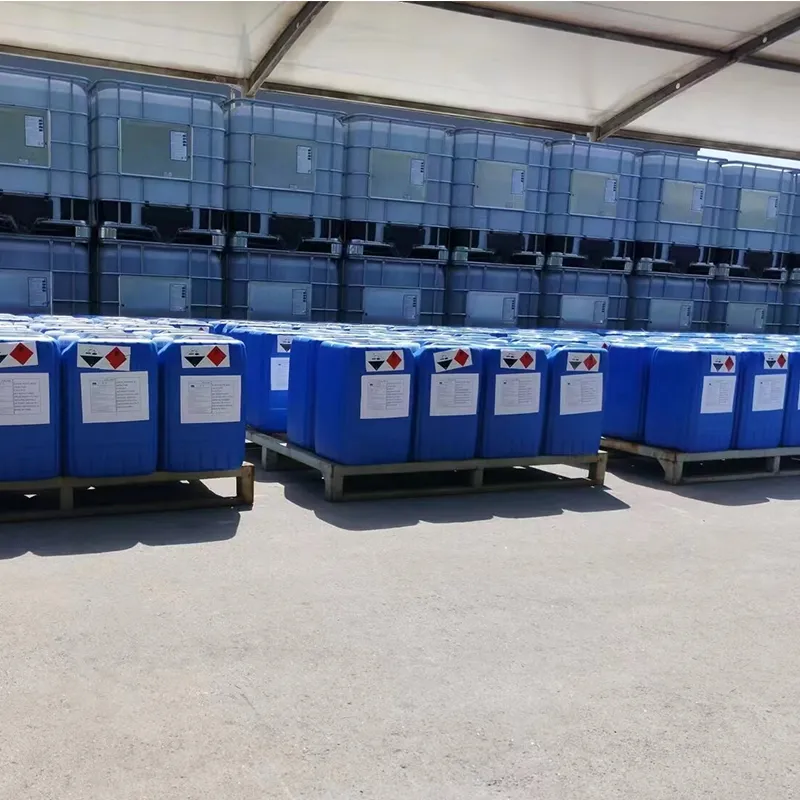
sodium benzoate pharmaceutical use
Sodium Benzoate A Versatile Compound in Pharmaceutical Applications
Sodium benzoate, the sodium salt of benzoic acid, has been widely recognized for its diverse applications in various industries, particularly in pharmaceuticals. This compound, with the chemical formula C7H5NaO2, plays a critical role due to its unique properties, making it an essential additive in numerous formulations.
Pharmaceutical Applications
In the pharmaceutical sector, sodium benzoate is primarily utilized as a preservative. It effectively inhibits the growth of molds, yeasts, and some bacteria, which is crucial for maintaining the stability and integrity of pharmaceutical products. This preservation is particularly important in liquid formulations such as syrups, suspensions, and oral solutions, where the risk of microbial contamination is significantly heightened. By incorporating sodium benzoate, manufacturers can enhance the shelf life of their products, ensuring safety and efficacy for the consumer.
Additionally, sodium benzoate serves a dual purpose as a flavoring agent. Its slightly sweet taste can mask the bitterness of certain medicinal compounds, improving patient compliance, especially in pediatric and geriatric formulations. This flavor-enhancing property is vital in oral medications where palatability can significantly influence a patient’s willingness to adhere to a prescribed regimen.
Mechanism of Action
sodium benzoate pharmaceutical use

The antimicrobial action of sodium benzoate is attributed to its ability to lower the pH of the environment, creating acidic conditions that are unfavorable for the growth of various microorganisms. It is most effective at a pH of around 2.5 to 4.0, making it particularly useful in acidic formulations. The compound enters the microbial cell and dissociates to benzoic acid, disrupting metabolism and inhibiting growth, which is essential for food and drug preservation.
Safety and Regulatory Status
Sodium benzoate is generally recognized as safe (GRAS) when used in food and pharmaceutical applications. Regulatory bodies such as the Food and Drug Administration (FDA) and the European Food Safety Authority (EFSA) have established acceptable daily intake levels for this compound, promoting its safe use in various applications. However, it is crucial for manufacturers to adhere to these guidelines to avoid potential adverse effects, such as allergic reactions in sensitive individuals.
Despite its safety profile, some studies have raised concerns regarding the formation of benzene, a known carcinogen, when sodium benzoate is exposed to high temperatures or light in the presence of ascorbic acid (vitamin C). As a result, the industry has been motivated to conduct further research to ensure consumer safety and develop better formulations that minimize such risks.
Conclusion
In conclusion, sodium benzoate is an invaluable compound in the pharmaceutical industry, primarily serving as a preservative and flavoring agent. Its effectiveness in inhibiting microbial growth and enhancing the taste of medications contributes to improved patient compliance and overall product stability. While safety concerns exist, regulatory approvals affirm its GRAS status when used within established guidelines. As pharmaceutical innovation continues, ongoing research is essential to maximize the benefits of sodium benzoate while addressing safety issues, ensuring its role remains critical in the development of safe and effective pharmaceutical products. This balance between efficacy and safety exemplifies the complexities faced by pharmaceutical scientists and underscores the importance of compounds like sodium benzoate in modern medicine.
-
Pure Sodium Dichloroisocyanurate Dihydrate | Powerful DisinfectantNewsAug.29,2025
-
Industrial Chemicals: Quality & Purity for Every IndustryNewsAug.28,2025
-
Nitrile Rubber Honoring Strict Production StandardsNewsAug.22,2025
-
Aspartame Ingredients Honoring Food Safety ValuesNewsAug.22,2025
-
Fertilizer for Balanced Plant NutritionNewsAug.22,2025
-
Cyanide Gold Processing with High Purity AdditivesNewsAug.22,2025
-
Formic Acid in Textile Dyeing ApplicationsNewsAug.22,2025
Hebei Tenger Chemical Technology Co., Ltd. focuses on the chemical industry and is committed to the export service of chemical raw materials.
-

view more DiethanolisopropanolamineIn the ever-growing field of chemical solutions, diethanolisopropanolamine (DEIPA) stands out as a versatile and important compound. Due to its unique chemical structure and properties, DEIPA is of interest to various industries including construction, personal care, and agriculture. -

view more TriisopropanolamineTriisopropanolamine (TIPA) alkanol amine substance, is a kind of alcohol amine compound with amino and alcohol hydroxyl, and because of its molecules contains both amino and hydroxyl. -

view more Tetramethyl Thiuram DisulfideTetramethyl thiuram disulfide, also known as TMTD, is a white to light-yellow powder with a distinct sulfur-like odor. It is soluble in organic solvents such as benzene, acetone, and ethyl acetate, making it highly versatile for use in different formulations. TMTD is known for its excellent vulcanization acceleration properties, which makes it a key ingredient in the production of rubber products. Additionally, it acts as an effective fungicide and bactericide, making it valuable in agricultural applications. Its high purity and stability ensure consistent performance, making it a preferred choice for manufacturers across various industries.





